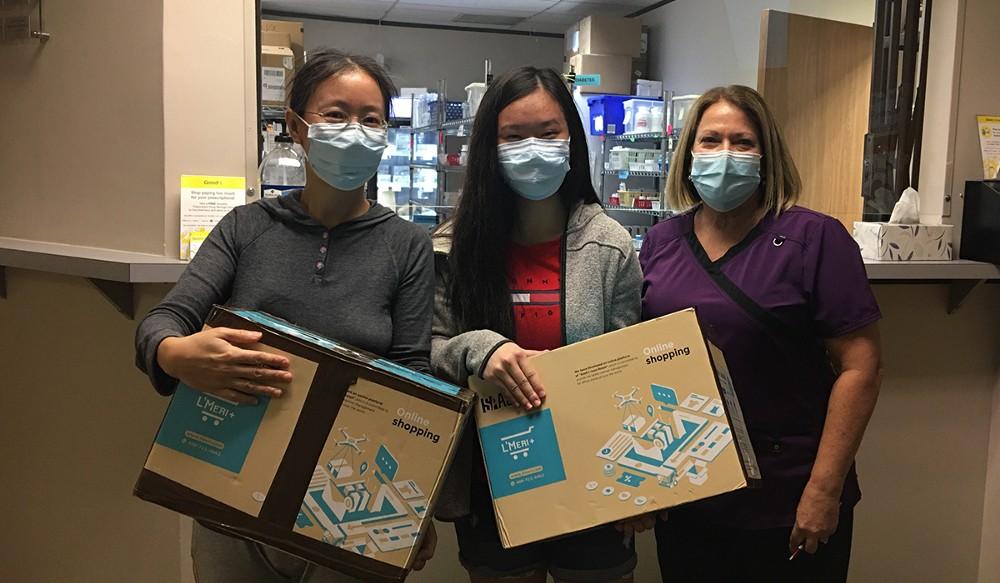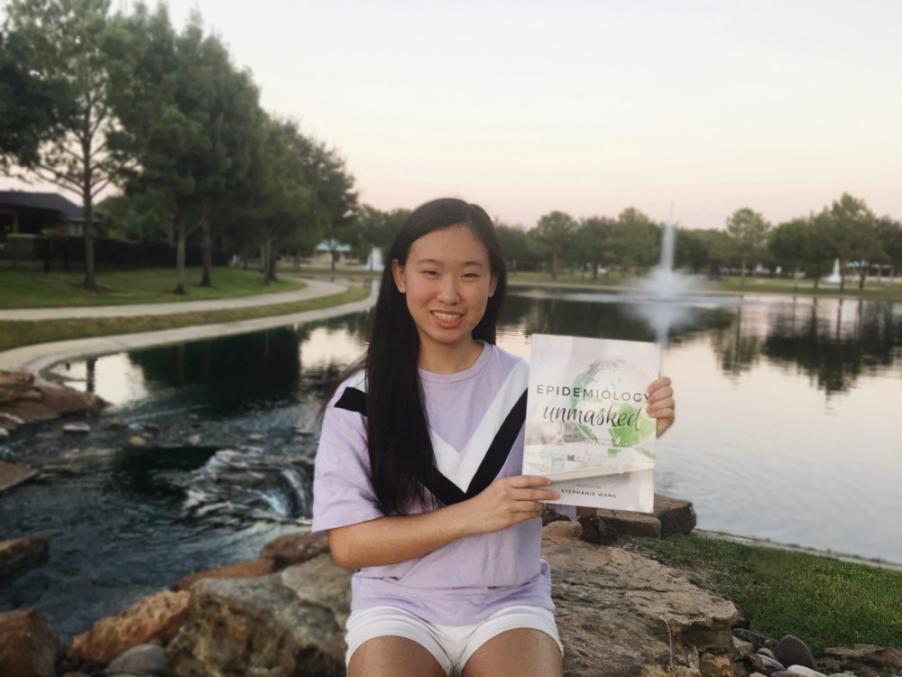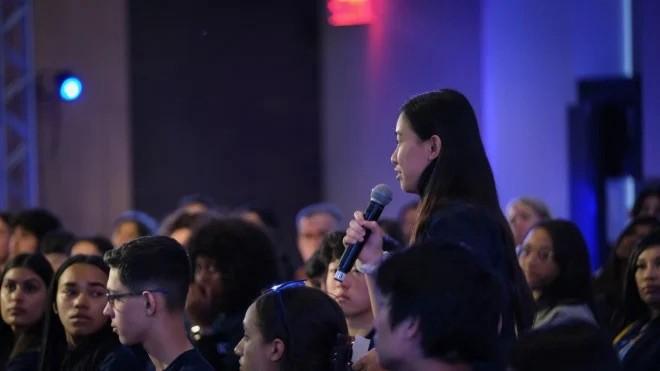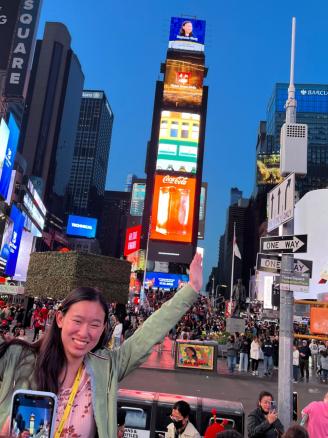
Epidemiology captured my heart at a young age, starting from my first exposure to the Science Olympiad competition in middle school. I was mesmerized by its beautiful blend of math, biology, and real-world application. Yet, epidemiology is a forgotten field. Even public health, the broader field that encompasses epidemiology, doesn’t receive the recognition it deserves.
It took a pandemic to bring epidemiology to the forefront of our country’s scientific focus. At the same time, a tsunami of misinformation threatened the livelihoods of vulnerable citizens. And most epidemiology books have a steep learning curve due to the lack of emphasis on epidemiology in traditional education, exacerbating this problem.
As I considered these complexities, it suddenly occurred to me: if existing epidemiology resources were inadequate in satisfying the dire needs of the public, what’s stopping me from creating my own?
With that, I began to write. As an avid Science Olympiad competitor who has been competing in Disease Detectives for five years, I wanted to use my knowledge for good. Disease Detectives was an event focused on epidemiology in which competitors learned the dynamics of epidemics, pandemics, and public health in global communities.
I decided to create an introductory epidemiology textbook, Epidemiology Unmasked, that would present fundamental epidemiological concepts in a gentle, fun way. Epidemiology Unmasked would be a book that my middle school teacher could present to her students, that my neighbor could read to her 5-year-old daughter before bed, and that my 13-year-old brother could pick up and read at the library. My book was not going to be another mind-numbing piece of professional literature. I wanted it to be something that could offer meaning and value to everyday citizens from all walks of life.
Words borne of pure passion and years of careful study flowed so naturally as I sat at my computer for hours on end. I began writing my book in March and completed the first draft in early June. In my book, I covered popular concepts that were under-explained; concepts like herd immunity, disease transmission, chain of infection, reproductive ratio, and how an outbreak propagates among a population.
Yet, as the pages of Epidemiology Unmasked began taking shape, I didn’t realize that the most daunting part of my journey as an author was what would come after my book’s publication. The underlying problem remained as firmly rooted as before — the lack of education. A book was only a temporary fix for this long-standing problem that I would need to tackle at the core.
So, I began working to spread public health literacy through education. For the first time, I began to truly step out of my comfort zone: I was paving my own path in a devastated world. I reflected on how I could nurture a culture of public health literacy. My strategy was simple: I spoke to anyone who would listen.
I reached out to my family, teachers, and even friends from five years ago, and Project Unmasked was born. As my local outreach gained traction, I taught classes and implemented my curriculum in schools for thousands of curious students. Many were desperate for an untarnished source of information to better inform their grieving families.
Eventually, as I realized the vast power of public policy, I challenged myself daily to send that daring email, to get on the phone with that senator, and eventually, to testify at the Texas State Board of Education. I began drafting legislation to enact a new standard of educational policy — one that accomplishes much-needed reforms in public health education.
To integrate my advocacy with my long-standing fascination with research, I conducted a study on the best ways that students learn epidemiology, and my project-based learning approach received outstanding results. My curriculum offered an interactive approach to learning epidemiology through a deep dive of a particular infectious disease. I presented this research on the impact of my novel curriculum at the 7th International Conference on Public Health and published my results in the conference proceedings.
To mobilize other youth, I established the popular Public Health Advocacy Program where youth ambassadors are trained in activism, community impact, and public policy, spearheading a national movement. I started with a lone copy of Epidemiology Unmasked sitting idly on my desk; today, Epidemiology Unmasked sits on school desks, library shelves, kitchen counters, and in hundreds of curious hands across the world.
Now, with an established public health education campaign, the scope and impact of my passion grows every day. My journey as an author and activist required standing at the forefront of the fight against social devastation and complacency.
It required falling in love with a new type of science — a disruptive and inclusive science that looks beyond just enzymes and proteins and toward a healthier, brighter, and enlightened future.
Being a changemaker starts with a simple idea that, through mobilization and advocacy, compounds into a movement that excites, inspires, and empowers.
Stephanie Wang, 18, from Katy, Texas, is the founder of “Project Unmasked,” an initiative to increase student’s access to public health education through a combination of educational resources and advocacy work. Her advocacy has reached more than 70,000 people and her book and curriculum are used in 7 states and 2 countries. You can learn more about Stephanie and her project here.
The Behind the Vision Blog Series is an opportunity for 2022 Prudential Emerging Visionaries to tell their stories, offer their insights into making change, and reflect on their impact journeys in their own words. To learn more about the Prudential Emerging Visionaries program and apply, go here.


